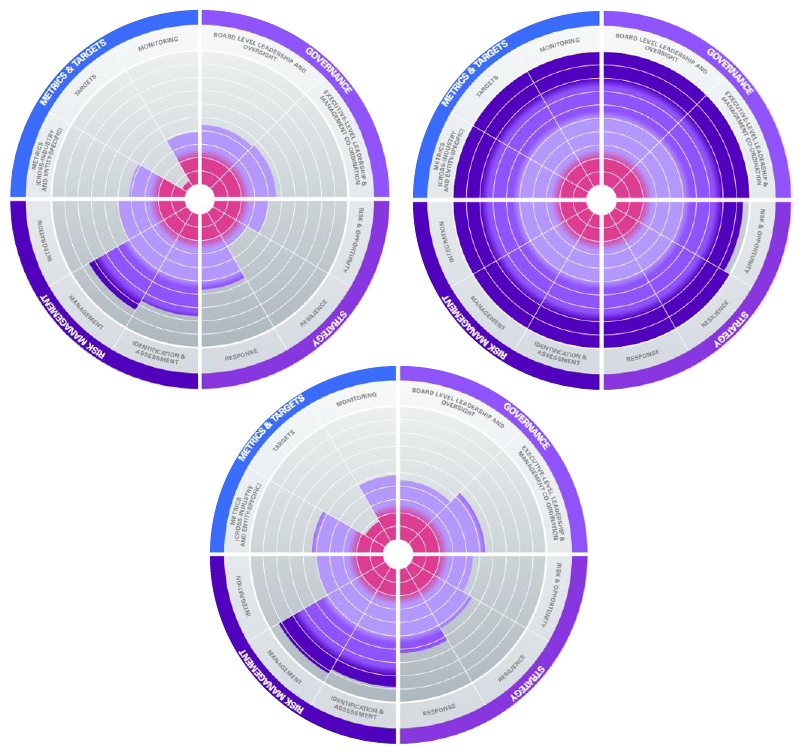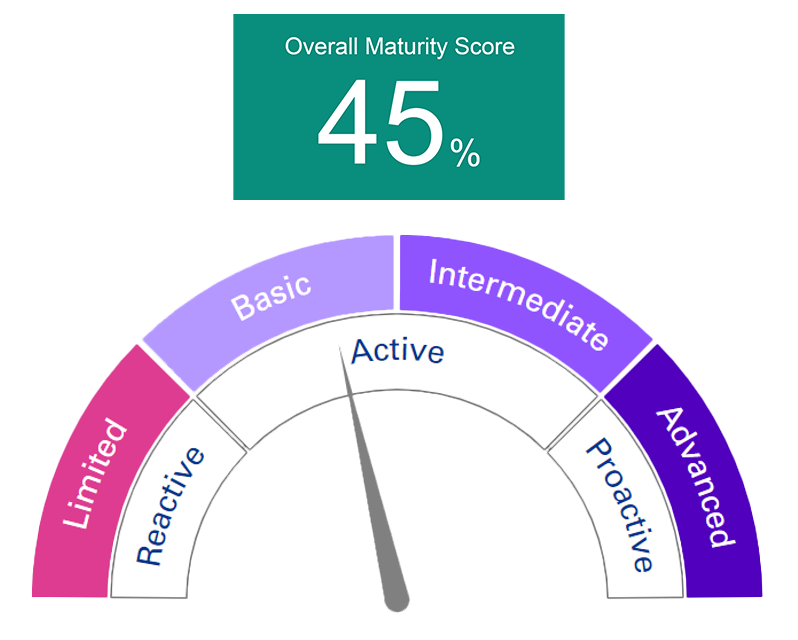In our view, climate-related standards have real potential to drive the change that is needed in New Zealand, but not if adoption is seen as merely a compliance exercise.
The regime gives organisations a much greater appreciation of the strategic and operational implications of climate change and the road ahead.
It applies to listed entities and some financial service businesses, requiring them to make mandatory climate disclosures. Going beyond the regulatory requirements, it’s also likely that many more organisations will follow the guidance to meet the expectations of regulators, customers, employees or supply chain partners who want quality information on an organisation's climate impact.
This page provides the latest news, insights, tools and guidance for boards, audit committee members, investors and all stakeholders about the evolving climate reporting landscape.













